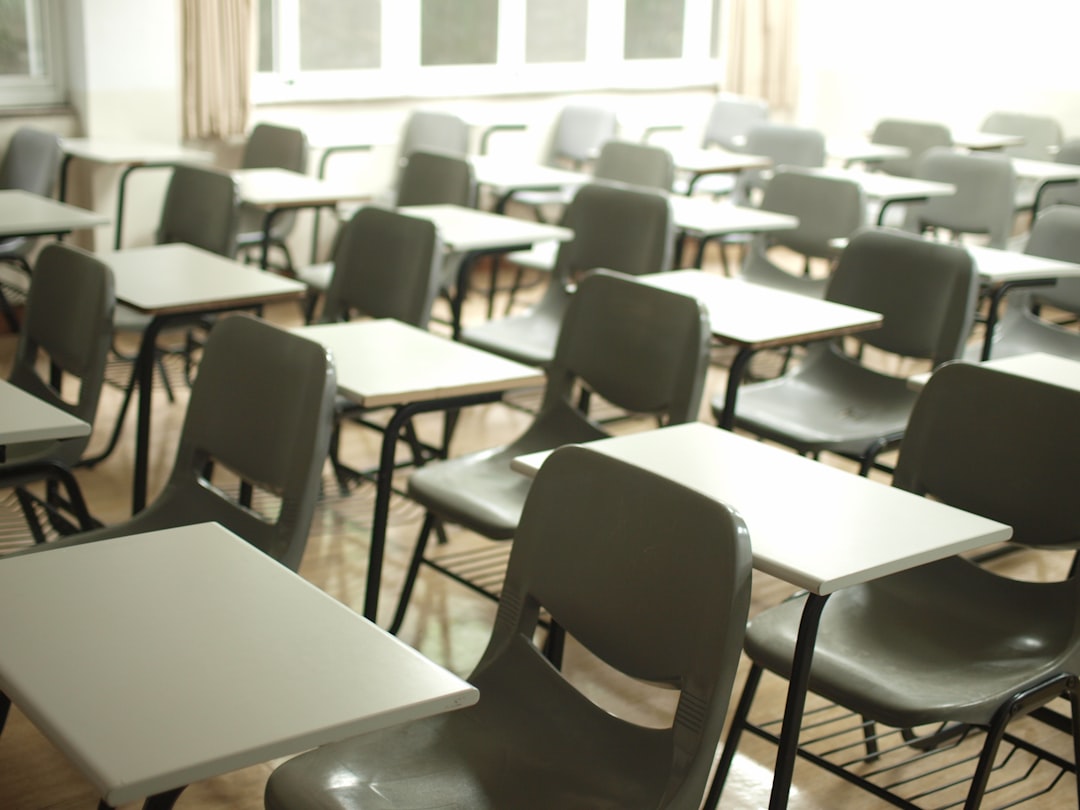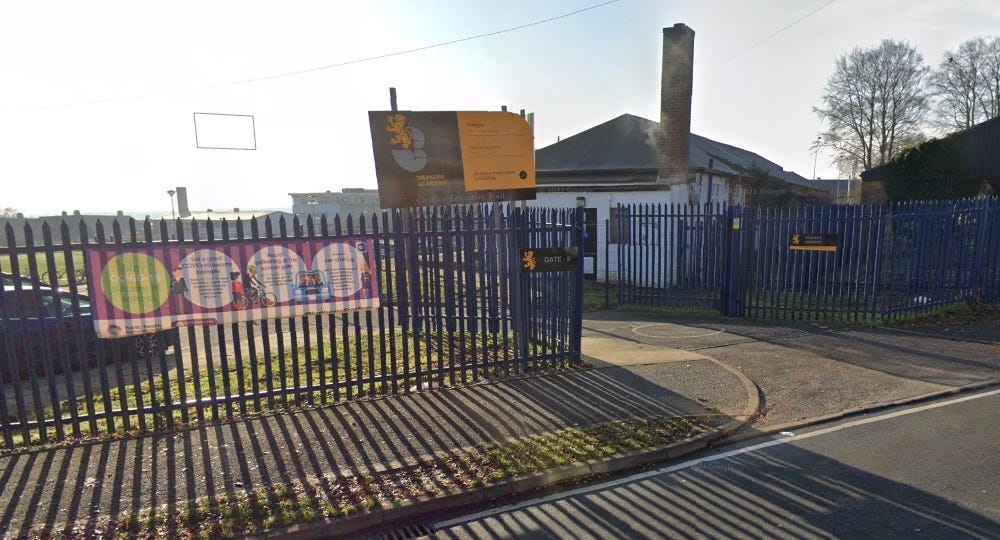School exclusions a growing issue in North Northamptonshire
Primary school children as young as seven are being told to leave school and more Wellingborough children are being excluded than anywhere else
Sign up for FREE for our news
By Sarah Ward
The number of children permanently kicked out of school is steadily rising in the North of the county, with Wellingborough a hotspot for children being asked to leave.
A report by the area’s schools forum has revealed the growing issue with exclusions, as 89 under 16s were permanently excluded in the year from April 22 to March 23, with almost ten per cent of that number being primary school children. The youngest child excluded was in year 2 and had only completed three years of education.
The report - which concentrates on the amount of money schools have had to pay back when they tell a pupil to leave - does not have a comparison for the previous 12 months, but in 2022 the authority had a target of 35 permanent exclusions across the area. Therefore the amount of children currently excluded is almost three times that previous target.
And the cost to the local education authority of sending the excluded pupils to alternative provision is more than £1.2m.
Speaking at the meeting held last week, assistant director of education at North Northamptonshire Council Neil Goddard said:
“We have seen a rise generally post covid and think that links back to mental health and the pressures children are under coming back into the school environment. That is something we do need to be focused on.
“Exclusions increased over covid and have not yet returned to the level they were at before, so there are clearly ongoing issues and it [the rise after covid] wasn't just a blip.”
He said his team was currently doing some work to identify any trends and understand the reasons why some schools were excluding students. He said the report with more detail about causes and early intervention work would be brought back to the next meeting.
Wellingborough is an outlier in excluding pupils, kicking out more than double the number of pupils in other areas and amounting for almost half of all exclusions.
Ten Corby pupils were excluded (with no primary exclusions), 19 in Kettering (with three primary exclusions) and 17 in East Northamptonshire (no primary exclusions). 42 pupils were permanently excluded from Wellingborough Schools, 39 from secondary and the report states that two schools accounted for 27 exclusions. The schools were not named in the report.
Last February we reported the issue, after Wellingborough councillor King Lawal, raised concerns about the number of pupils Weavers Academy in Queensway had been excluded.
Deputy chair of the forum Paul Wheeler, who is the chief operating operator of a local academy schools chain, said as well as the significant financial cost of excluding pupils - which comes when the local authority has to find costly alternative provision for students often outside of mainstream provision - there was also a ‘social damage’ done to the young person who is permanently excluded.
His comments follow a report last year by the Commission on Young Lives written by former children’s commissioner Anne Longfield, which recommended banning primary school exclusions and condemned the current ‘exclusions culture’.
The report said:
“Look behind the headlines of the tragic deaths, acts of serious violence and criminal exploitation of our young people over recent years and so often you see a pattern of children disengaging and falling out of school and into harm.”
“Over recent years we have seen the growth of an exclusions culture that perversely rewards removing some vulnerable children from school roll. That must not continue.”
Earlier this month two safeguarding reviews about the deaths of two teenagers were published, and a number of the children involved in the reports had been excluded.
Teenager Dylan Holliday, 16, who was killed in Wellingborough in August 2021, had been excluded from school at the age of 12 and had been criminally exploited before his death.
North Northants teenager Alfie Pride who murdered a Milton Keynes teenager in 2021 aged 16, and now is serving a life sentence, had also been excluded at the age of 12.
The review into the circumstances that led to his crime said:
“Receiving appropriate education is an important protective factor for young people. Apart from improving their employment opportunities and impacting on a range of other life chances, being in school or college provides access to supportive adults who are positive role models and someone to turn to in times of difficulties.
“It also provides constructive occupation which reduces time at a loose end and opportunities to get into trouble. Research consistently shows that risks for children significantly escalate when they are permanently excluded from school, partly due to the difficulties of providing alternative full-time education.”
Costs
The local authority has increased the amount of money it takes back from schools who exclude pupils, from a set £3,000, to a figure weighted on the amount of education the student had received from the school that year.
In total in 2022-23 the local authority ‘clawed back’ £419,250 from North Northamptonshire Schools, but spent £1,673,504 on providing other education for the excluded child.
It spent £575,566 on bespoke packages or home tuition; £533,232 with the CE Academy; £225, 419 with Progress Schools; £124,169 with Re-Focus Schools and £195, 118 with Catch 22 Spires Academy.
As reported by the Local Democracy Reporting service this week, Progress School in Thrapston has recently had another poor Ofsted. It was rated as inadequate last year and when inspectors revisited in April they found pupils “did not have meaningful opportunities to learn” and that lessons “contributed weakly to their learning”.
Progress Schools’ managing director said she felt it was “once again harshly judged” by Ofsted, particularly over issues of poor attendance.
But she said she welcomed the regulator’s feedback and that it had recognised that work is being done to make improvements.
Ofsted said there were some signs that the school’s learning environment is “starting to improve” after it was first graded inadequate in March 2022.
But it said leaders had “not ensured that pupils’ educational needs were being met” and that individual plans had not been created for every pupil.
Another school run by Progress Schools in Northampton was rated inadequate last year and was not meeting required standards when it was visited by the schools regulator in March.
Pupils were again found to have not “gained knowledge, deepened their understanding or developed skills as well as they could”.
The school’s forum for West Northamptonshire is due to meet in early July.





Why not employ a full time exclusion officer like West Northants?
Brilliant article that exposes the issues that should be being addressed 😡